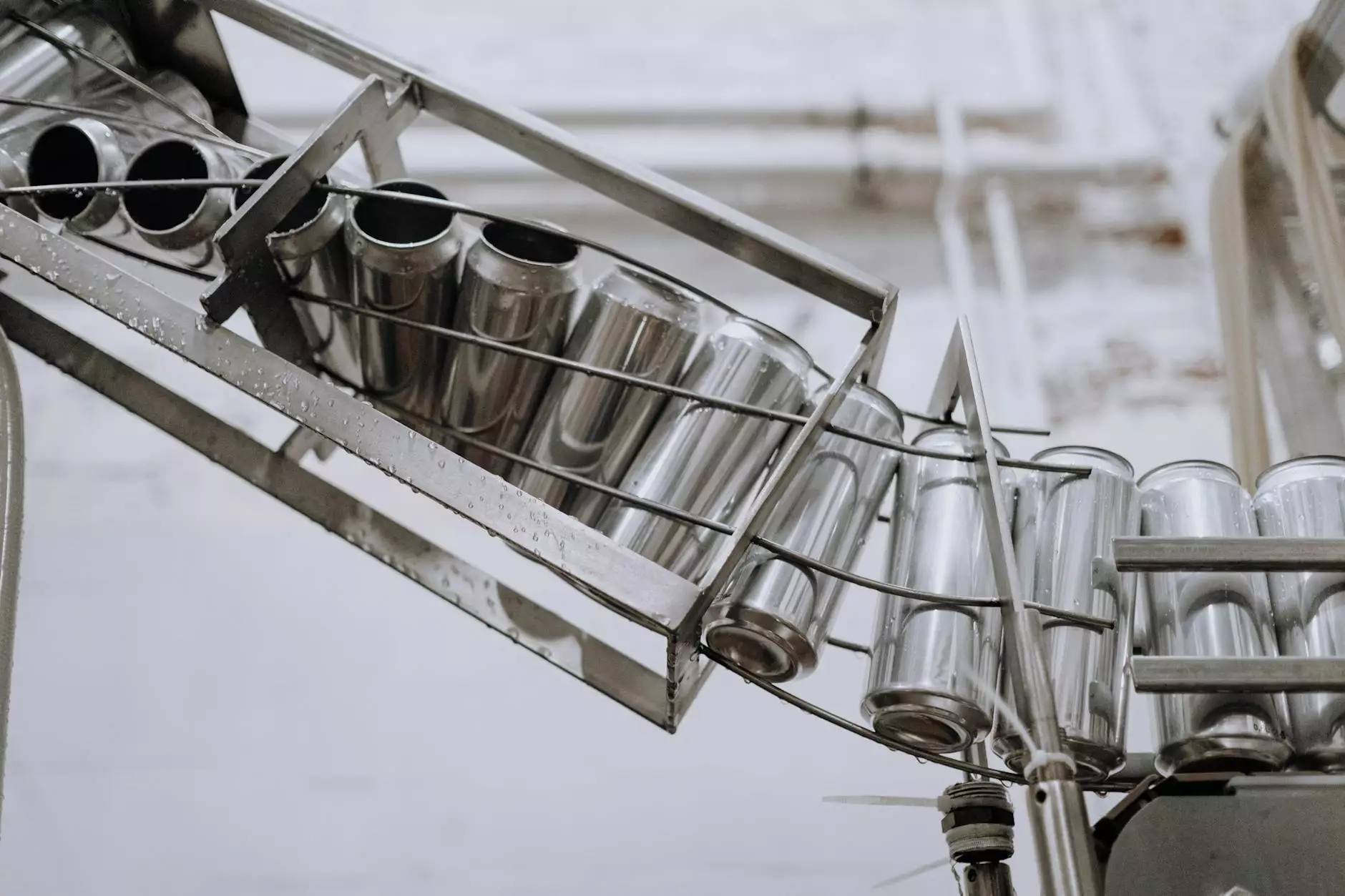Understanding Car Auto Parts Manufacturers: A Comprehensive Guide

In the rapidly evolving landscape of the automotive industry, car auto parts manufacturers play a crucial role in ensuring that vehicles operate safely, efficiently, and reliably. This article explores the intricate details of the auto parts manufacturing sector, illuminating its significance, challenges, and the future outlook as we delve deeper into this vital component of the automotive world.
The Role of Car Auto Parts Manufacturers
Car auto parts manufacturers are responsible for the design, production, and distribution of various components that make up vehicles. These parts can range from small items, such as bolts and screws, to large assemblies like engines and transmissions. The impact of these manufacturers extends beyond mere production; they are integral to the entire automotive supply chain.
1. Importance of Quality and Safety Standards
Automotive manufacturing is subject to rigorous safety and quality standards. Manufacturers must comply with regulations set forth by both local and international bodies. This includes the:
- ISO/TS 16949: A standard that emphasizes quality management within the automotive sector.
- SAE standards: Guidelines established by the Society of Automotive Engineers for automotive components.
- OEM specifications: Original Equipment Manufacturer requirements that dictate the specifics of component design and performance.
Ensuring adherence to these standards helps maintain vehicle safety and reliability, protecting both manufacturers and consumers.
2. Types of Auto Parts Manufactured
The scope of parts produced by car auto parts manufacturers is vast. Here are some key categories:
- Engine Components: This includes pistons, crankshafts, cylinder heads, and camshafts, which are critical for engine performance.
- Transmission Parts: Components such as gearboxes, clutches, and axles which facilitate power transfer from the engine to the wheels.
- Brake Systems: Manufacturers produce brake pads, rotors, and calipers essential for vehicle safety.
- Suspension Parts: Including springs, shocks, and struts, which contribute to ride quality and vehicle handling.
- Electrical Components: Such as batteries, alternators, and starters, which are pivotal for vehicle operation.
- Body Parts: This includes doors, hoods, and fenders, which contribute to the vehicle’s aesthetic and structural integrity.
Choosing the Right Car Auto Parts
Selecting appropriate auto parts is essential for maintaining vehicle performance and safety. Here are steps to help you make informed choices:
1. Understand Your Vehicle
Every car model has specific requirements that must be met for parts replacement. Always refer to your vehicle’s owner manual to check compatibility.
2. Consider OEM vs Aftermarket Parts
OEM parts are produced by the vehicle manufacturer, ensuring a perfect fit and original performance. In contrast, aftermarket parts are made by companies other than the original manufacturer and may offer cost savings or improved performance. When deciding:
- Benefits of OEM: Better reliability and guaranteed fit.
- Benefits of Aftermarket: Often less expensive and sometimes better specifications.
3. Research Manufacturers
Before purchasing parts, verify the reputation of the car auto parts manufacturer. Look for reviews, quality certifications, and customer support options.
The Impact of Technology on Auto Parts Manufacturing
In recent years, technological advancements have radically transformed the landscape of car auto parts manufacturers. Here are a few key innovations:
1. Automation and Robotics
Many manufacturers are adopting robotics in their production lines. This increases efficiency, reduces labor costs, and minimizes human error, leading to enhanced quality control.
2. 3D Printing
3D printing technology is revolutionizing the production of custom auto parts. It allows for rapid prototyping, enabling manufacturers to create parts on demand and reduce inventory costs.
3. Advanced Materials
The use of advanced materials, such as carbon fiber and lightweight alloys, is becoming ubiquitous. These materials enhance performance and fuel efficiency while reducing overall vehicle weight.
Challenges Faced by Car Auto Parts Manufacturers
While the future is bright for car auto parts manufacturers, they also face significant challenges:
1. Global Supply Chain Issues
Disruptions in global supply chains can severely impact the availability of raw materials and components.
2. Increasing Competition
As more manufacturers enter the market, maintaining competitive pricing without compromising quality is becoming more challenging.
3. Regulatory Compliance
Staying compliant with evolving regulations requires continuous adjustments in manufacturing processes, which can be costly and time-consuming.
The Future Outlook for Car Auto Parts Manufacturers
Despite the challenges, the future for car auto parts manufacturers holds promise. The shift toward electric vehicles (EVs) and sustainable practices is a significant area of growth. As the automotive industry moves toward electrification, manufacturers will need to adapt their production capabilities.
1. Embracing Electric Vehicle Manufacturing
With the global push for reducing carbon emissions, manufacturers must diversify their product lines to include parts specific to electric vehicles such as:
- Batteries
- Electric drivetrains
- Regenerative braking systems
2. Sustainability Initiatives
Environmental concerns are prompting manufacturers to consider sustainable practices, such as:
- Using recycled materials
- Implementing energy-efficient manufacturing processes
3. Global Expansion
As demand for vehicles grows in emerging markets, car auto parts manufacturers should consider expanding their reach to these regions while understanding local market needs and regulations.
Conclusion
In summary, car auto parts manufacturers are a pivotal part of the automotive ecosystem. Their role in ensuring vehicle performance, safety, and compliance with global standards cannot be overstated. As the automotive world continues to evolve with advancements in technology and shifting market dynamics, manufacturers must be agile and innovative to remain competitive. Ultimately, the continued success of the industry hinges on these manufacturers' ability to adapt, uphold quality, and meet consumer needs effectively.
For those keen to explore top-quality auto parts, visit imautoparts.com, where a comprehensive range of products awaits to enhance your vehicle's performance and reliability.









